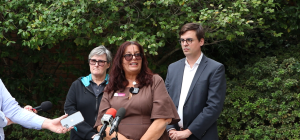The residential electricity disconnection rate in Western Australia has hit a six year high, more than doubling over the past two years.
Today’s release of the Economic Regulation Authority’s annual energy retailer performance report revealed that Synergy’s disconnection rate increased by 118 per cent over the past two years. At 1.91 per cent, Western Australia has the highest disconnection rate of the comparable jurisdictions of New South Wales, South Australia and Victoria.
WACOSS CEO Louise Giolitto said “It is unacceptable that we are disconnecting people from a vital essential service at such a staggering rate.”
“Over 19,740 Western Australians were disconnected because they were unable to pay their electricity bill.”
“There has been a significant increase in the number of customers on hardship programs, more people on instalment plans and more seeking extra time to pay their bill. This makes clear that high energy prices in Western Australia are hitting the community hard.”
The State Government increased the residential fixed charge paid by all household by 10.9 per cent in the 2017/18 budget, a $169 increase for every household. This was followed by a further 7 per cent increase in electricity prices in the following year. For the average household, that was around a $290 increase over the two years.
At the same time, the Energy Assistance Payment was increased by only $66 in 2017/18 and not at all in 2018/19.
Also of concern is the ERA’s finding that despite the high disconnection rate, the average debt per customer is substantially lower than in the eastern states, suggesting that the debt threshold for disconnections is lower in Western Australia.
“Electricity retailers shouldn’t be turning to disconnection as a first or even second resort to get a customer’s attention. For many households, particularly those in precarious or vulnerable circumstances, it is not simply a minor inconvenience.”
“Mounting unpaid bills and utility disconnections can have a significant impact on people’s wellbeing, from feelings of shame, the stress of trying to stretch their income as far as possible, and the difficult decisions they have to make as to what to prioritise, such as not eating or not cooling their homes during the heights of summer.”
“The WA Government needs to take seriously the issue of energy stress and financial hardship in our community. They need to ensure that households are not hit by further high price rises, but also provide genuine assistance to people who are struggling in the here and now – both before and after they have been disconnected.”
“The Federal Government also has a role here in providing practical support for those on the lowest incomes by raising the rate of Newstart, Youth Allowance and related social security payments.”
Ends.
Media Contact: Louise Giolitto, CEO, [email protected], 08 9420 7222
To download a PDF of this media release, click here.



